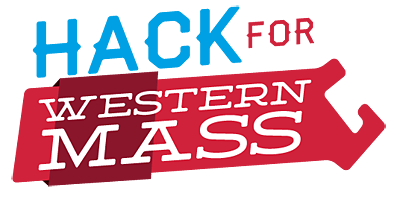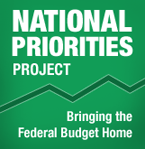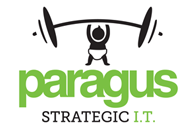New to civic hacking? Don’t worry! We’ll do our best to help match you
with a team with diverse skills. If you want to learn more about civic
hacking, open data, and design before the event, here are a few links to
check out.
Civic Hackathon Resources
- Random Hacks of Kindness: See solutions built at previous RHoK events. Is there anything that could be re-purposed for Western Massachusetts?
- Code for America apps: Code for America has built many open source civic apps.
- Civic Tech Patterns: common practices that may help or hinder the conception or design of your civic technology.
- Hacking is Good for Democracy: article by Gavin Newsom on Wired
- Roll Up Your Sleeves, Get Involved, and Get Civic-Hacking: the White
House call to action
Design Resources
- Agile Designers: collection of resources on design elements, templates, frameworks, icons, fonts, and many other necessary tools for making web projects
- Noun Project: open source icons
- Pattern Tap: design inspiration and user interface patterns
- ColorBrewer: planning to color a map? start here!
Open Data Sources
- Data.gov: catalog of data generated by the Federal Government.
- American FactFinder: data from the U.S. Census Bureau.
- Census Bureau APIs: API access to select Census Bureau datasets.
- National Priorities Project Data Tools: federal spending and tax resources.
- Sunlight Foundation: transparency tools, data, and APIs related to Congressional activities, political contributions, lobbying, and more.
- Sunlight Open States (MA): state-level legislative data, also available are bulk downloads, an API, and Python API client.
- Massachusetts Open Data Catalog: inventory of Massachusetts state-level data.
Developer Resources:
- Get a website up and running quickly one of these web framework [coming soon]
- D3.js: a JavaScript library for visualizing data. See D3 for mere mortals to get started.
- R: An open source statistical programming language and community.
- RStudio: A free, open source IDE for R.
- Enthought Canopy: Python data analysis and visualization distribution (Express version is free).
- Data Visualization Tools: Comprehensive catalog of tools for mapping, charting, and visualizing data.
- Flowing Data Tutorials: Step-by-step visualization guides. Many are restricted to Flowing Data members, but some are free to the public, and they are excellent.
Getting, Cleaning, and Analyzing Data
- Web Scraping for Fun and Profit: A getting-started guide to scraping websites.
- ScraperWiki: Web-based platform for building programs to extract (scrape) and analyze data from websites.
- OpenRefine: An open source power tool for cleaning up large, messy datasets.
Mapping Resources
- TileMill: An open source design studio from MapBox for making interactive, tiled maps from a variety of data sources (ESRI shapefiles, KML, GeoJSON, CSV, etc.). Integrates with OpenStreetMap.
- Azavea Cicero API: Geocodes and matches addresses to legislative districts and elected official contact information. Also includes non-legislative boundaries like school districts, counties, and watersheds. Free trial, and non-profit credits available through TechSoup.
- Fusion Table Map Template: Open source template for putting data on a searchable, filterable map. Heroku-ready version also available.
- Census 2012 Shapefiles: 2012 extracts containing geographic and cartographic information from the Census Bureau’s MAF/TIGER® (Master Address File/Topologically Integrated Geographic Encoding and Referencing) database.
- There are git installers here: http://git-scm.com/downloads
- Git GUIs: http://git-scm.com/downloads/guis
- Git tutorial: http://gitimmersion.com
- There’s lots of great info on the official site: http://git-scm.com/doc
- Videos: http://git-scm.com/videos
- Cloning a git repo: http://git-scm.com/book/en/Git-Basics-Getting-a-Git-Repository















